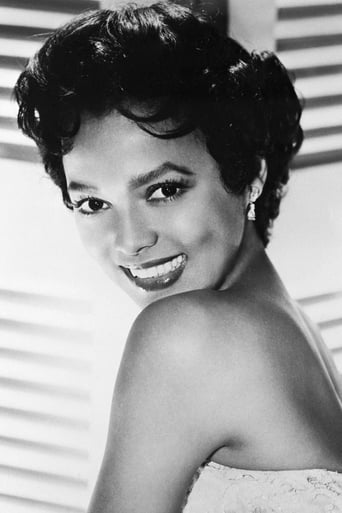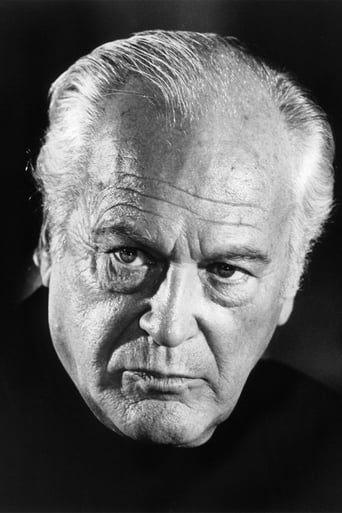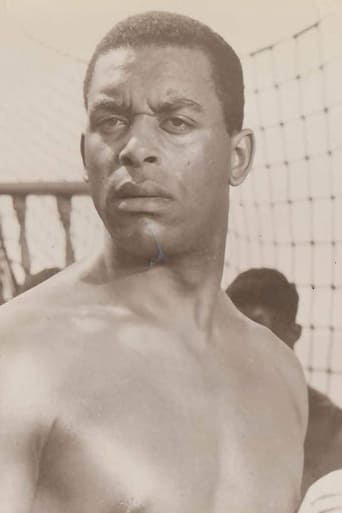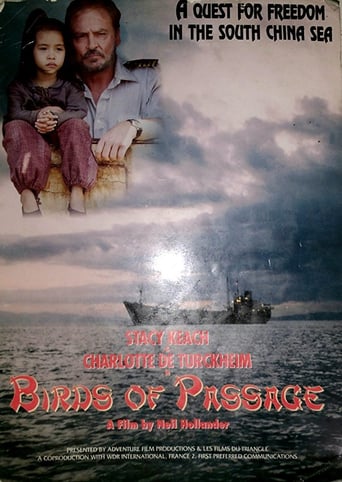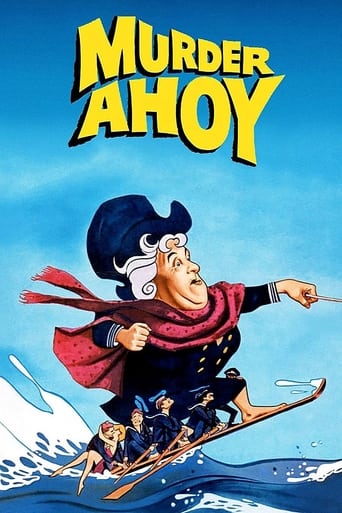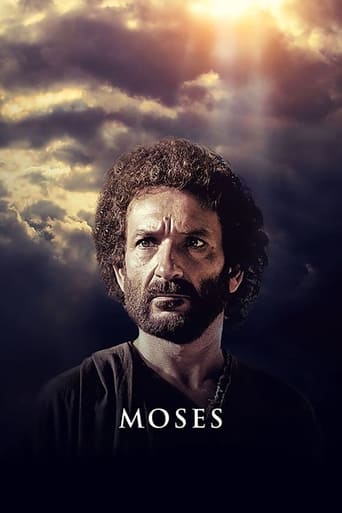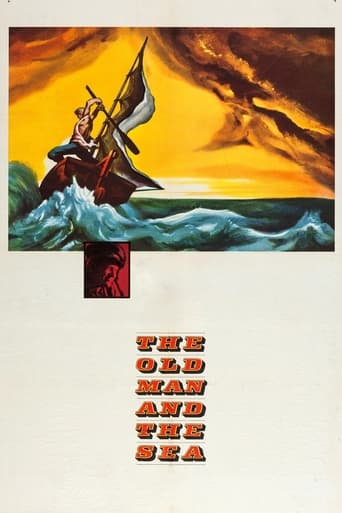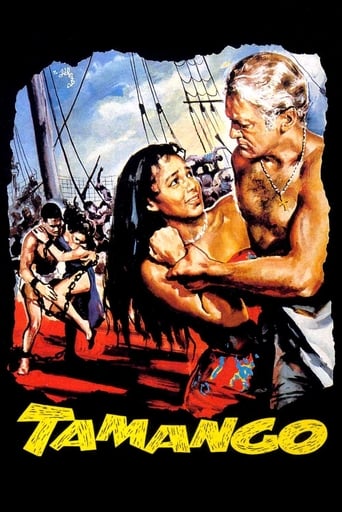
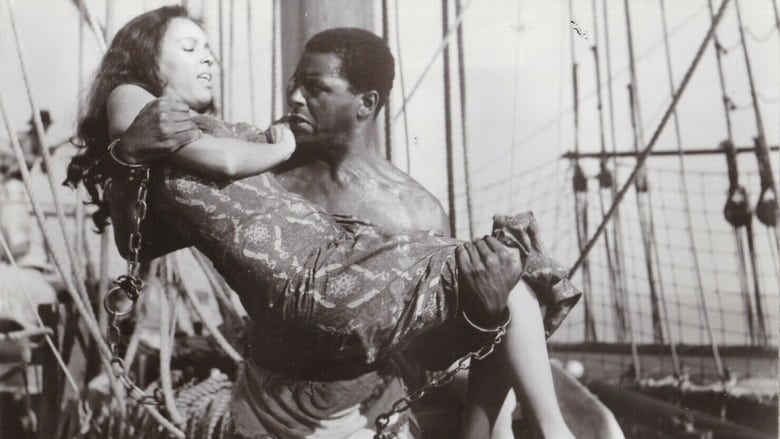
Tamango (1959)
A Dutch slave captain, on a voyage to Cuba, faces a revolt fomented by a newly captured African slave, Tamango. The slaves capture the captain's mistress, forcing a showdown.
Watch Trailer
Cast
Similar titles

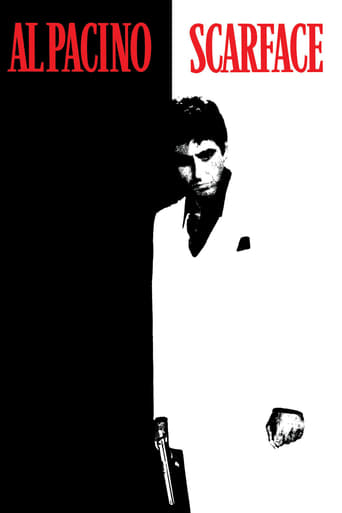
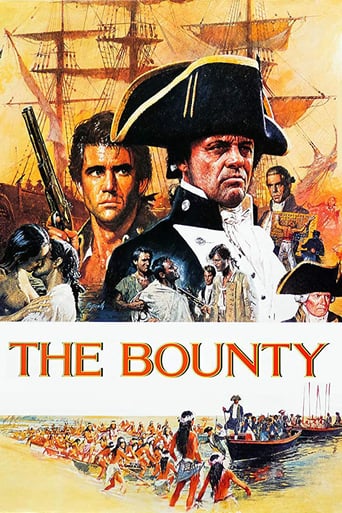

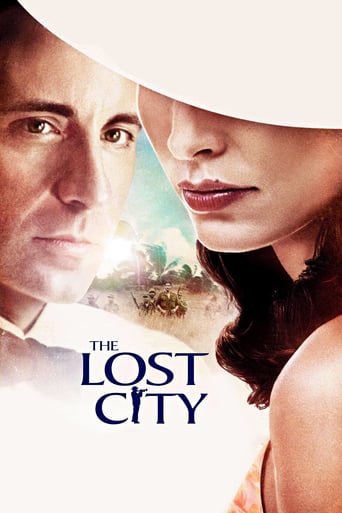
Reviews
Good movie but grossly overrated
Fun premise, good actors, bad writing. This film seemed to have potential at the beginning but it quickly devolves into a trite action film. Ultimately it's very boring.
A story that's too fascinating to pass by...
This is a small, humorous movie in some ways, but it has a huge heart. What a nice experience.
Wouldn't the cannon ball roll out of the cannon at that angle?. If it could fire at that angle would it not sink the ship? Only if the ball actually hit you would it injure you so at most it may have killed 3 or 4 slaves. Other wise enjoyed the images and story.
When I was 7 years old I saw the ads of «Tamango» in the press and the cinemas as I passed them by, but when I was old enough to see it (it was classified "for adults only") it had vanished from sight. Now that I finally watched it, when it was finished I was in awe. What a good film! Of course it does help that the final 10 minutes are simultaneously tense and poetic leading to a highly dramatic ending. But six decades after its original release, it is still a motion picture of strong content and great visual impact (although the copy I saw is not in the original 2.35:1 aspect ratio and the colors have faded). Released in 1958 it is an adaptation of Prosper Mérimée's 1829 homonymous novella (before he wrote his most famous «Carmen»). Significant changes were made for this screen version, but the final plot is also set in the early 19th century. In the coast of Guinea, warrior Tamango (Alex Cressan) and a sizable group of men and women have been sold to Reinker, a Dutch slave trader (Curt Jürgens) and they board the ship Esperanza that sets sails to Cuba, where they will be sold again, this time in the slave market. On route the violent conflict between the Caucasian sailors and the black slaves intensifies, the interracial sexual liaison between Reinker and a beautiful African woman named Ayché (Dorothy Dandridge) breaks, and Tamango leads a mutiny against the slavers. In the final script that went through significant re-writing due to Dandridge's insistence (who also refused to wear costumes that were offensive to the African woman, as designed by a Parisian designer), Ayché and Tamango are no longer lovers, he does not sell her but the two are victimized, and instead of surviving in Kingston the warrior fights until the end. These script changes turn Tamango and Ayché into icons of racial struggle, while the sincere, intense passion Reinker feels for Ayché is one of the first screen recognitions of many Europeans' love or lust for Africans. In the time it was made «Tamango» must have been some kind of a political and educational «audiovisual pamphlet», invaluable for those who were involved in the fight for the civil rights of Afro-descendants in the United States and elsewhere. No wonder it was banned in a few countries, and surely not only for the Reinker-Ayché relationship. I saw the English-spoken version: it becomes a bit hard in the first scenes to accept Dandridge as an African girl, with her American accent, but one gets used to it and thankfully she only has the necessary dialogue. Cressan, a medical student from Martinique that only made this film, is a magnificent emblem of African male beauty; and Jürgens, as usual, is fine as the villain with a soft heart. Director Berry was black-listed during the witch-hunting craze led by Senator Joseph McCarthy, and, after directing the cult film «He Ran All the Way», he went to Europe as Joseph Losey, Cy Endfield and Charles Chaplin. Berry also directed the romantic comedy «Claudine» about a couple of African-American workers, but he remained in France until his death.
Arguably more interesting as a social document and a step forward in mainstreams films dealing with race, than as a drama. On a slave ship carrying Africans from their homeland to slavery in the American south, a charismatic young warrior attempts to organize a revolt. Meanwhile, Dorothy Dandridge plays captain Curt Jurgens' mistress, featuring interracial kissing and sexuality at a time very few American films would go near the subject. Add in the complexity that Dandridge's subjugated Lucy is a far more empathetic figure than any white character, and that Tamango and his fellow captives are show to be in every way – morally, strategically as well as physically better than their white captors, and you have a film that was way ahead of it's time. That said there is odd flat quality in the drama and less than thrilling acting and film-making that keep the actual story from living up to it's potential. But it's still pretty involving, and worth seeing at least as a part of films' maturing around racial issues. Interestingly, blacklisted director John Berry, went on to direct another racially 'ahead of it's time' film; 1974's "Claudine", one of the first mainstream American films to try and intelligently deal with the struggles of poor urban African Americans without falling into exploitation, violence or cliché.
The precedent user is right:it's based on a famous short story from Prosper Mérimée.It's strange that the writer's name does not appear in the credits on the IMDb page.Dorothy Dandrige had already been in "Carmen Jones " ,a Bizet opera based on another famous short story by...Prosper Mérimée."Tamango" was a failure when it was released and during the sixties,John Berry ,who had made a film noir chef d'oeuvre in the fifties ,"He ran all the way" was relegated to direct French pop star Johnny Hallyday in a forgotten turkey "A Tout Casser" ."Tamango" is a well-made movie but it is icily impersonal.Aisha's character's evolution is predictable.On the other hand ,there's a good use of the wide screen (cinemascope ) particularly effective when it comes to depict the hold where the slaves cram.The documentary side is the most successful,and "Tamango" can be looked upon as the granddaddy of the "Roots " series in the seventies.Tamango himself is close to Kunta in that 1977 Marvin Chomsky's work.
